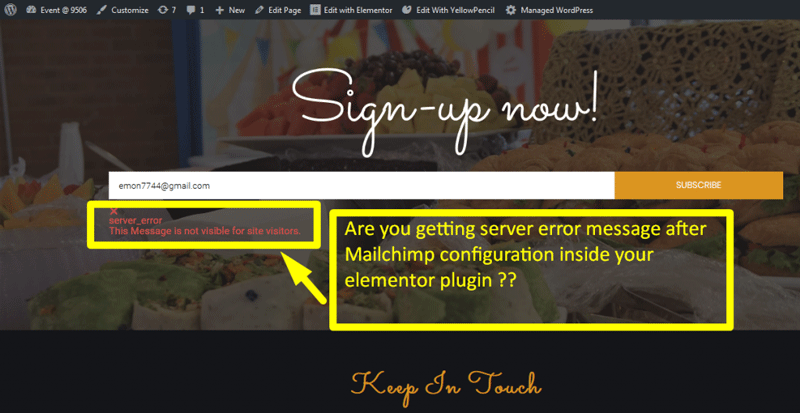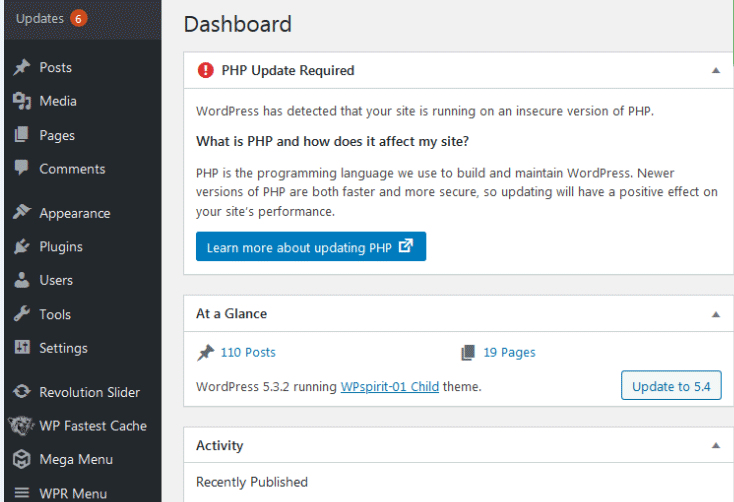Magento and WordPress serve different purposes. Magento is an e-commerce platform, while WordPress is a content management system.
Magento and WordPress are popular platforms, but they cater to different needs. Magento specializes in creating robust e-commerce websites, offering extensive features for online stores. It handles large product catalogs, complex transactions, and advanced inventory management. On the other hand, WordPress excels as a content management system, ideal for blogs, news websites, and smaller e-commerce ventures through plugins like WooCommerce.
Both platforms offer flexibility and customization, yet their core functionalities differ. Choosing between them depends on your project requirements and long-term goals. Understanding these differences helps in making an informed decision for your website needs.
Core Functionality
Magento is a powerful e-commerce platform. It helps businesses create online stores. Magento offers many customization options. It is built to handle large product catalogs. Magento supports multiple payment gateways. It ensures secure transactions. Magento is best for medium to large businesses. It requires some technical knowledge to set up.
WordPress is a popular content management system (CMS). It allows users to create websites easily. WordPress offers many themes and plugins. It is user-friendly and flexible. WordPress is great for blogs and small websites. It also supports e-commerce through plugins like WooCommerce. WordPress is suitable for beginners and experts alike.
Ease Of Use
Magento offers a more complex interface compared to the user-friendly simplicity of WordPress. Beginners find WordPress easier to navigate. Magento, though powerful, requires more technical expertise.
User Experience In Magento
Magento is powerful but complex. Users need some technical skills. The platform offers many features. Customization can be tricky. Beginners might find it hard to use. Advanced users enjoy its flexibility. The admin panel has many options.
User Experience In WordPress
WordPress is easy to use. Even beginners can start quickly. The interface is user-friendly. Many themes and plugins are available. Customization is simple. WordPress is great for blogs and websites. No technical skills are needed.
Customization Options
Magento offers many themes and extensions. You can change your store’s look easily. Extensions add new features to your site. These tools help improve user experience. Many options are free or paid. Magento’s flexibility is great for developers. Businesses can tailor their stores to their needs.
WordPress also has many themes and plugins. Themes change the site’s design. Plugins add extra features and functions. WordPress is user-friendly. Even beginners can use it easily. Many themes and plugins are available for free. Some premium options offer more features. WordPress’s simplicity is ideal for bloggers and small businesses.
Performance
Magento is known for its robust performance. It can handle large catalogs with ease. This platform suits big businesses. Speed can be a concern if not optimized. Proper server resources and caching are essential. Scalability in Magento is impressive. It can support high traffic volumes. Magento’s architecture is designed for growth.
WordPress is popular for its user-friendly interface. It can be fast with the right plugins. WordPress scales well for small to medium websites. Caching plugins and CDNs enhance speed. Large websites may need additional resources. WordPress can handle e-commerce with WooCommerce. Proper optimization is key for performance.
Seo Capabilities
Magento and WordPress both offer robust SEO capabilities. Magento excels in e-commerce SEO features, while WordPress is renowned for its versatile plugins. Each platform provides unique tools tailored to different business needs.
Seo Tools In Magento
Magento offers a variety of SEO tools. These tools help improve website rankings. Users can edit meta tags and descriptions. Magento also supports canonical tags. These tags prevent duplicate content issues. The platform includes features for URL rewrites. URL rewrites help make links more search engine-friendly. Magento supports creating sitemaps for better indexing. The platform also integrates with Google Analytics. This helps track website performance.
Seo Tools In WordPress
WordPress is known for its user-friendly SEO tools. The platform offers plugins like Yoast SEO. These plugins simplify the SEO process. Users can easily add meta tags and keywords. WordPress also supports XML sitemaps. These sitemaps help search engines index content. The platform allows for URL customization. Custom URLs make links more readable. WordPress integrates with Google Search Console. This helps monitor website performance. The platform also offers SEO-friendly themes.
Security
Magento and WordPress differ in security measures. Magento offers robust built-in security features, while WordPress relies on plugins for enhanced protection. Both platforms require regular updates to maintain optimal security.
Security Features In Magento
Magento provides robust security features. It has two-factor authentication. This adds an extra layer of protection. Magento also offers custom admin URL. This reduces the chances of attacks. Security patches are released regularly. Users can install these patches to keep their site safe.
Security Features In WordPress
WordPress is also known for its strong security measures. It offers frequent updates to the core system. Plugins enhance the security further. WordPress recommends using secure hosting. SSL certificates are easy to integrate. WordPress also supports two-factor authentication.
Cost Considerations
Magento can be expensive. The software itself is often free. But the hosting and development costs can add up. Many businesses hire developers. This can be costly. Extensions and themes also cost money. Magento requires robust servers. These can be more expensive than basic ones. Maintenance and updates also cost more. Overall, Magento can be a heavy investment.
WordPress is usually cheaper. The software is free. Basic hosting is also affordable. Many themes and plugins are free. Premium themes and plugins are low-cost. You don’t always need a developer. Many can set up WordPress themselves. Updates and maintenance are simple. WordPress is a cost-effective option.
Frequently Asked Questions
What Type Of Platform Is Magento?
Magento is an open-source e-commerce platform. It offers customizable features for online stores. Businesses can manage products, orders, and payments efficiently.
Is Magento A Website Builder?
Magento is not a traditional website builder. It is a powerful eCommerce platform for creating online stores.
Does Magento Integrate With WordPress?
Yes, Magento integrates with WordPress using plugins like FishPig or Magento WordPress Integration. This allows seamless content management.
Is Magento Still Relevant?
Yes, Magento remains highly relevant. It offers robust e-commerce solutions, extensive customization, and a strong community support. Many businesses prefer Magento for its scalability and flexibility.
Conclusion
Magento and WordPress both offer robust platforms for different needs. Magento excels in e-commerce, while WordPress shines in content management. Choosing between them depends on your business goals and technical expertise. Each platform has unique strengths, making them valuable in their respective domains.
Evaluate your specific requirements to make an informed decision.


